PREVIOUS
Netaji Subhas Chandra Bose - I
July 3 , 2019
2115 days
25760
0
- Netaji Subhas Chandra Bose was an Indian nationalist whose ultimate patriotism made him a hero in India.
- He revived the Indian National Army, popularly known as ‘Azad Hind Fauj’ in 1943.
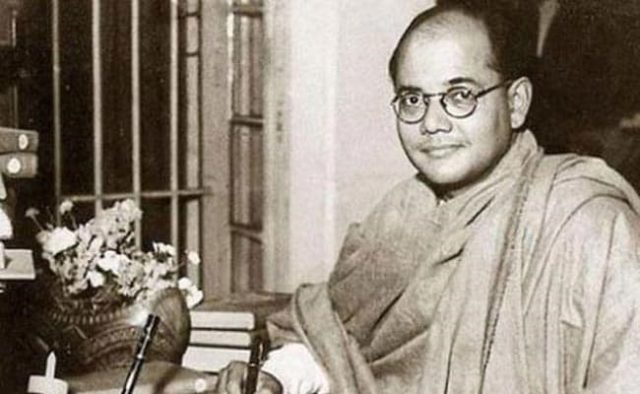
- Netaji had visited London during pre-independence period to discuss the future of India, with the members of the Labor party.
Early life
- Subhash Chandra Bose was born on 23 January, 1897 in Cuttack (Orissa) to Janakinath Bose and Prabhavati Devi.
- Janakinath Bose was one of the successful lawyers in Cuttack and received the title of “Rai Bahadur”, who later became a member of the Bengal Legislative Council.
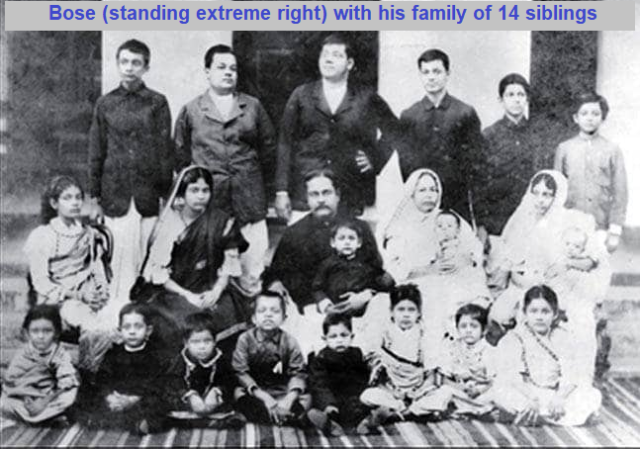
- Sarat Chandra Bose was a brother of Subhash Chandra Bose, who was appointed the Member of the Interim Government for Works, Mines and Powers in 1946.
- Bose joined the Scottish Church College at the University of Calcutta and passed his B.A. in 1918 in philosophy.
- Bose left India in 1919 for England to appear in the Indian Civil Services (ICS) examination.
- In July 1920, Bose took the ICS exams in London and came fourth.
- In April 1921, Bose withdrew from taking up this post with the ICS and returned to India.
Initial Political Entry
- Initially, Subhash Chandra Bose worked under the leadership of Chittaranjan Das, an active member of the Congress in Calcutta.
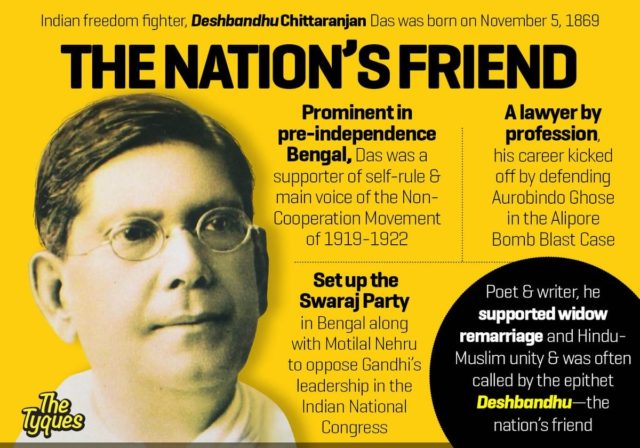
- Bose regarded Chittaranjan Das, also known as Desh Bandhu, as his political guru.
- He started the newspaper Swaraj and took charge of publicity for the Bengal Provincial Congress Committee.
- He was also the editor of the newspaper "Forward", founded by Chittaranjan Das.
- In the year 1923, Bose was elected the President of All India Youth Congress and also the Secretary of Bengal State Congress.
- Bose worked as the CEO of the Calcutta Municipal Corporation for Das when the latter was elected mayor of Calcutta in 1924.
With Congress
- In 1927, Bose became general secretary of the Congress party and worked with Jawaharlal Nehru for independence.
- In late December 1928, Bose organised the Annual Meeting of the Indian National Congress in Calcutta.
- In April 1928, the “Independence of India League” was formed with Jawahar Lal Nehru and Subhash Chandra Bose as Secretaries and S. Srinivasa Iyengar as President.
- Bose was arrested and jailed for civil disobedience; this time he emerged to become Mayor of Calcutta in 1930.
- During the mid-1930s Bose travelled in Europe, visiting Indian students and European politicians, including Benito Mussolini.
- In this period, he also researched and wrote the first part of his book “The Indian Struggle”.
- It covered the country's independence movement in the years 1920–1934.
- Although it was published in London in 1935, the British government banned the book in the colony out of fears that it would encourage unrest.
- in 1934, he had met Emilie Schenkl, the daughter of an Austrian veterinarian whom he married in 1937.
- By 1938, Bose had become a leader of national stature and agreed to accept nomination as Congress President.
- In 1938, Bose had set up a National Planning Committee with Jawaharlal Nehru as its president.
- He presided Congress session twice in 1938 (haripura) and 1939 (Tripuri).
- In 1939, he was elected president to Tripuri Congress session against over Gandhi's preferred candidate Pattabhi Sitaramayya.
- Muthuramalinga Thevar mobilised all south Indian votes for Bose.
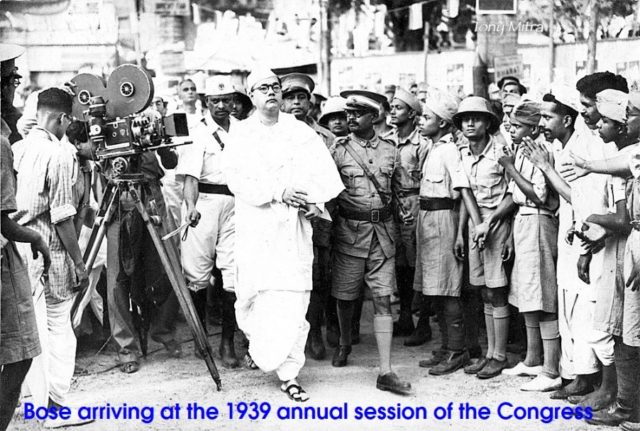
- Bose decided to resign from the party in 1939 and formed the Forward Bloc in the same year June 22.
- Muthuramalingam Thevar, who was a staunch supporter of Bose from the beginning, joined the Forward Bloc.
- When Bose visited Madurai on 6 September 1939, Thevar organised a massive rally as his reception.
Controversies with Congress and Arrest
- On the outbreak of Second World War, Bose advocated a campaign of mass civil disobedience to protest against Viceroy Lord Linlithgow's decision to declare war on India's behalf without consulting the Congress leadership.
- Bose vehemently opposed the Congress decision to support the British during the Second World War.
- Bose organised mass protests in Calcutta calling for the 'Holwell Monument' commemorating the Black Hole of Calcutta which then stood at the corner of Dalhousie Square, to be removed.
- There was tremendous response to his call “Give me blood and I will give you freedom” and the British promptly imprisoned him.
- In jail, he declared a hunger-strike.
- When his health deteriorated, the authorities, fearing violent reactions, released him but put him under house-arrest.
Escape to Europe
- In 17 January, 1941, Subhash made a planned escape and reached Berlin, Germany via a detour through Peshawar.
- On 26 January 1941, Bose began his journey to reach Russia through British India's North West frontier with Afghanistan.
- From Moscow, he reached Rome, and from there he travelled to Germany.
- Bose lived in Berlin from 1941 until 1943.
- In November 1941, his broadcast from German radio sent shock waves among the British.
- He founded the Free India Center in Berlin, and created the Indian Legion (consisting of some 4500 soldiers) out of Indian prisoners of war who had previously fought for the British in North Africa prior to their capture by Axis forces.
- In May 1942 he met Hitler and Germans assured him their full support in his endeavours and he gained allegiance of Japan as well.
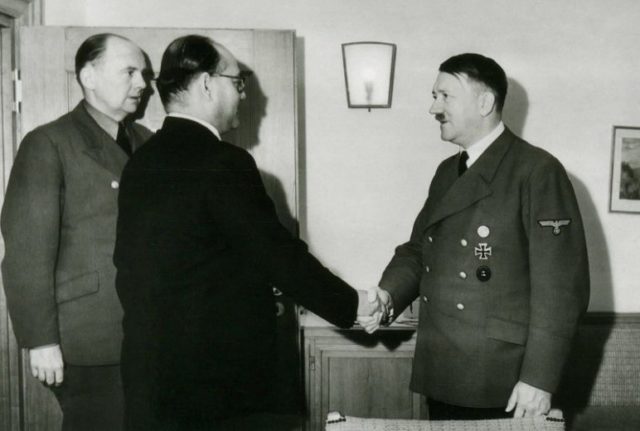
- - - - - - - - - - - - -
Leave a Reply
Your Comment is awaiting moderation.


